Products
TripBuilder
The commerce platform for travel businesses
Dynamic Packaging
Discover the future of online bookings and simple packages
AI Copilots
AI Copilots to simplify your travel operations
Find out what is happening in our world

This certification underscores our bond to the highest standards in Information Security Management System (ISMS).
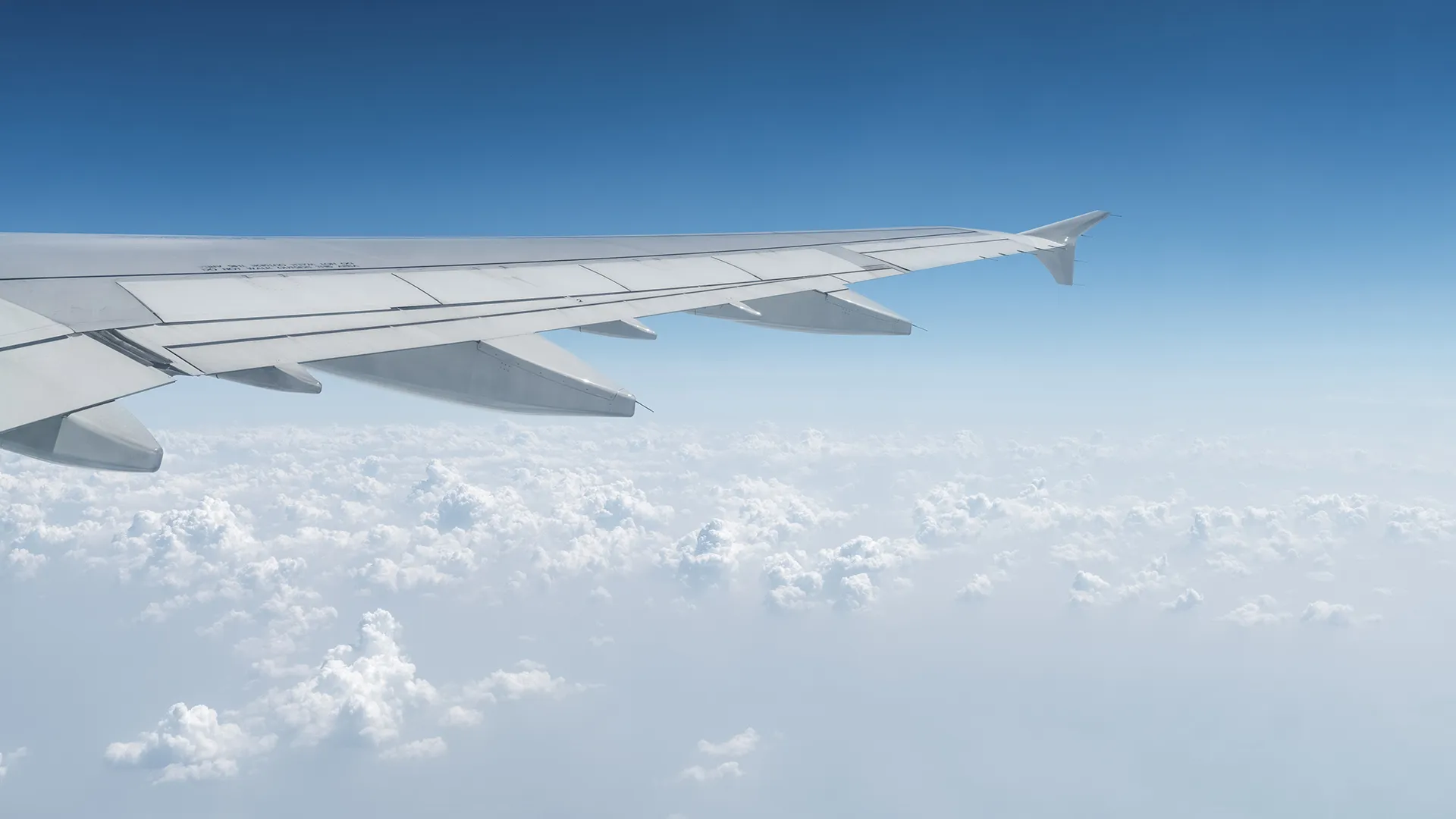

Nezasa is pleased to share the successful go-live of its partner Awai, a disruptive travel start-up in Australia.
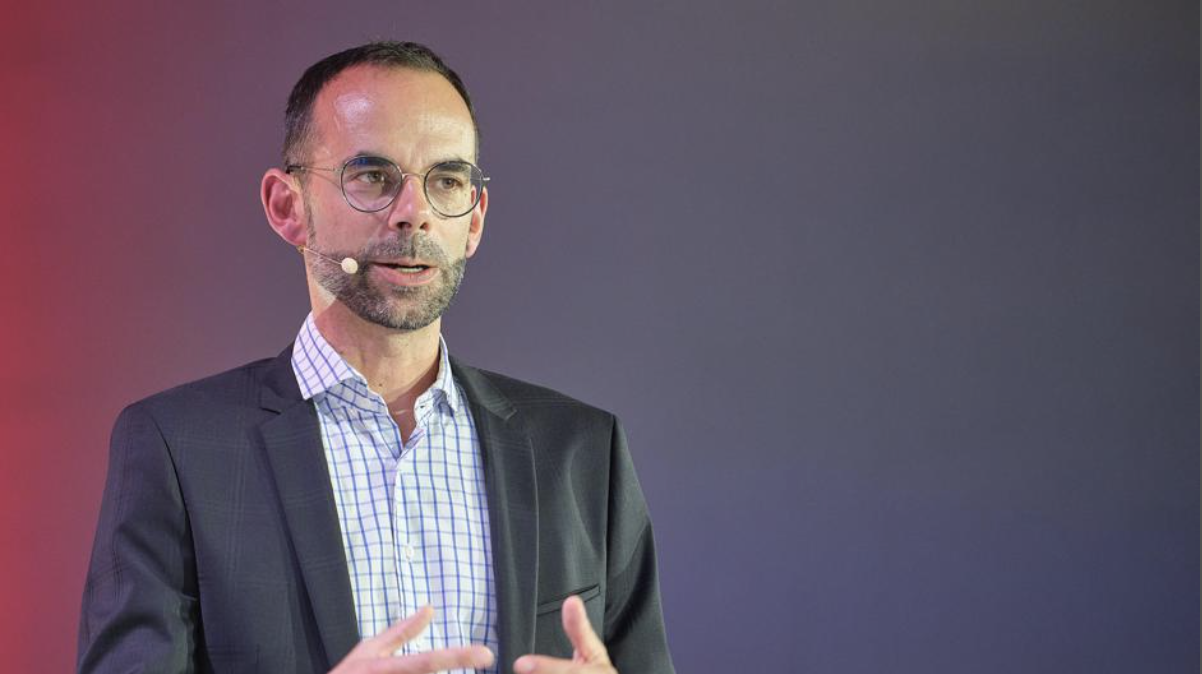
In a recent discussion at the fvw Kongress, industry experts shed light on the current travel landscape.
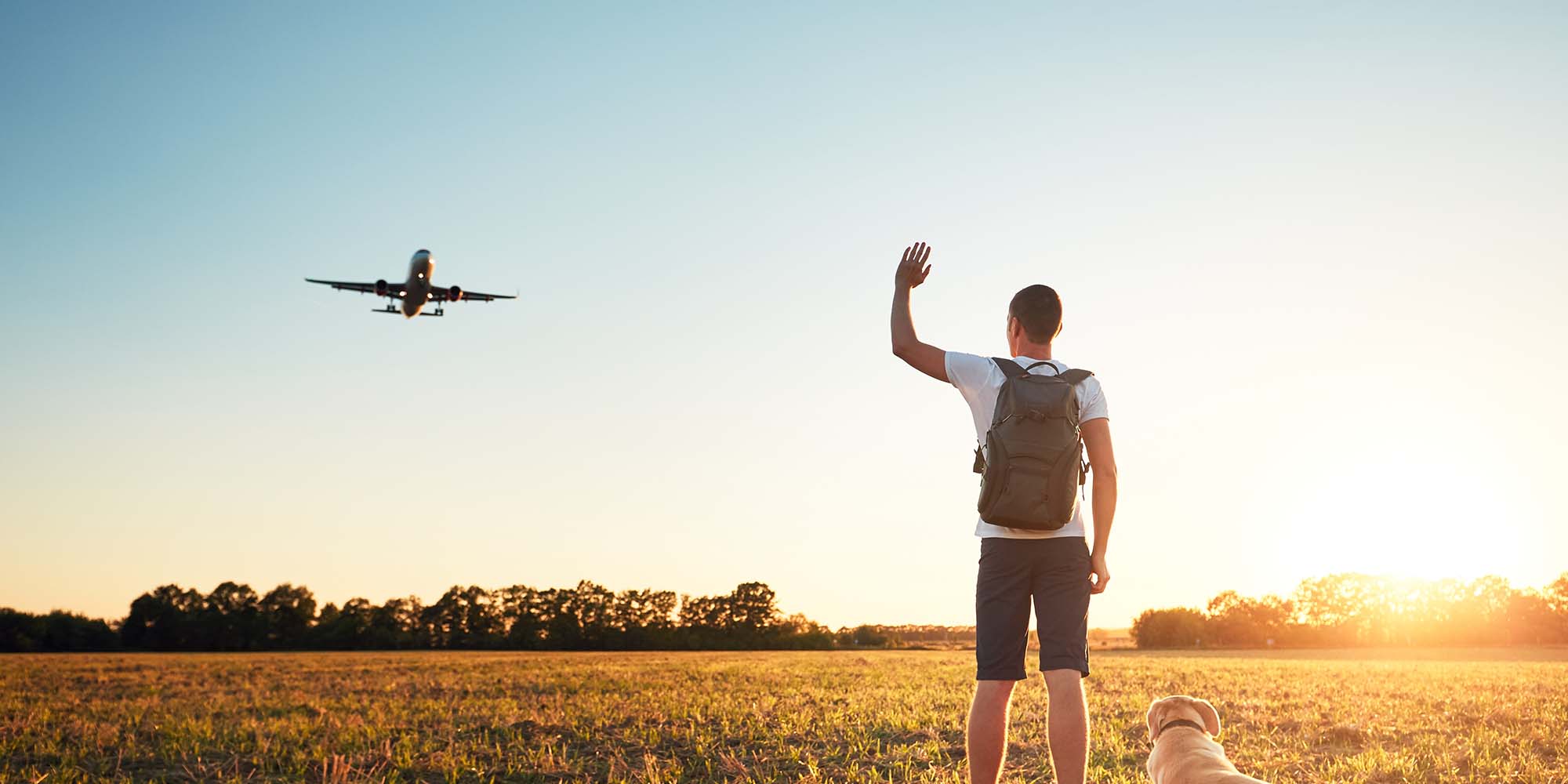
Globespan’s leisure travel benefit portal offers tailor-made personalised experiences for team members and their families.
July 23, 2024

This certification underscores our bond to the highest standards in Information Security Management System (ISMS).
March 5, 2024
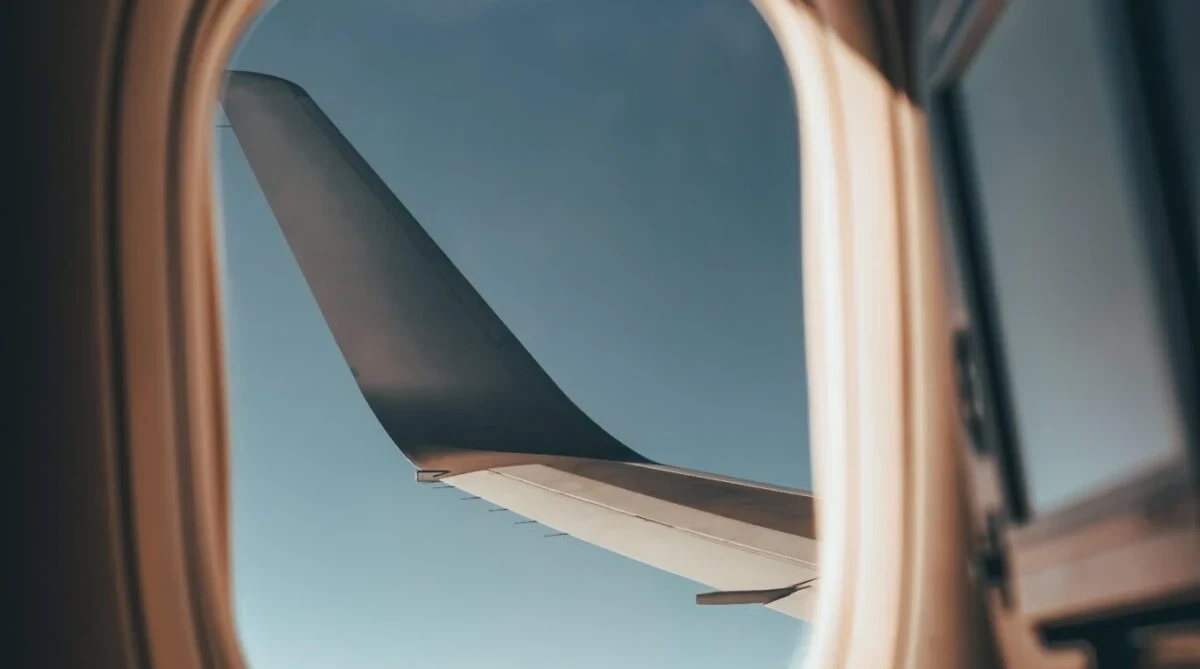
All the power of TripBuilder, now available for single-stop travel.
February 6, 2024

Thanks to smart technology, package tours are becoming more individualised than ever.
October 17, 2023
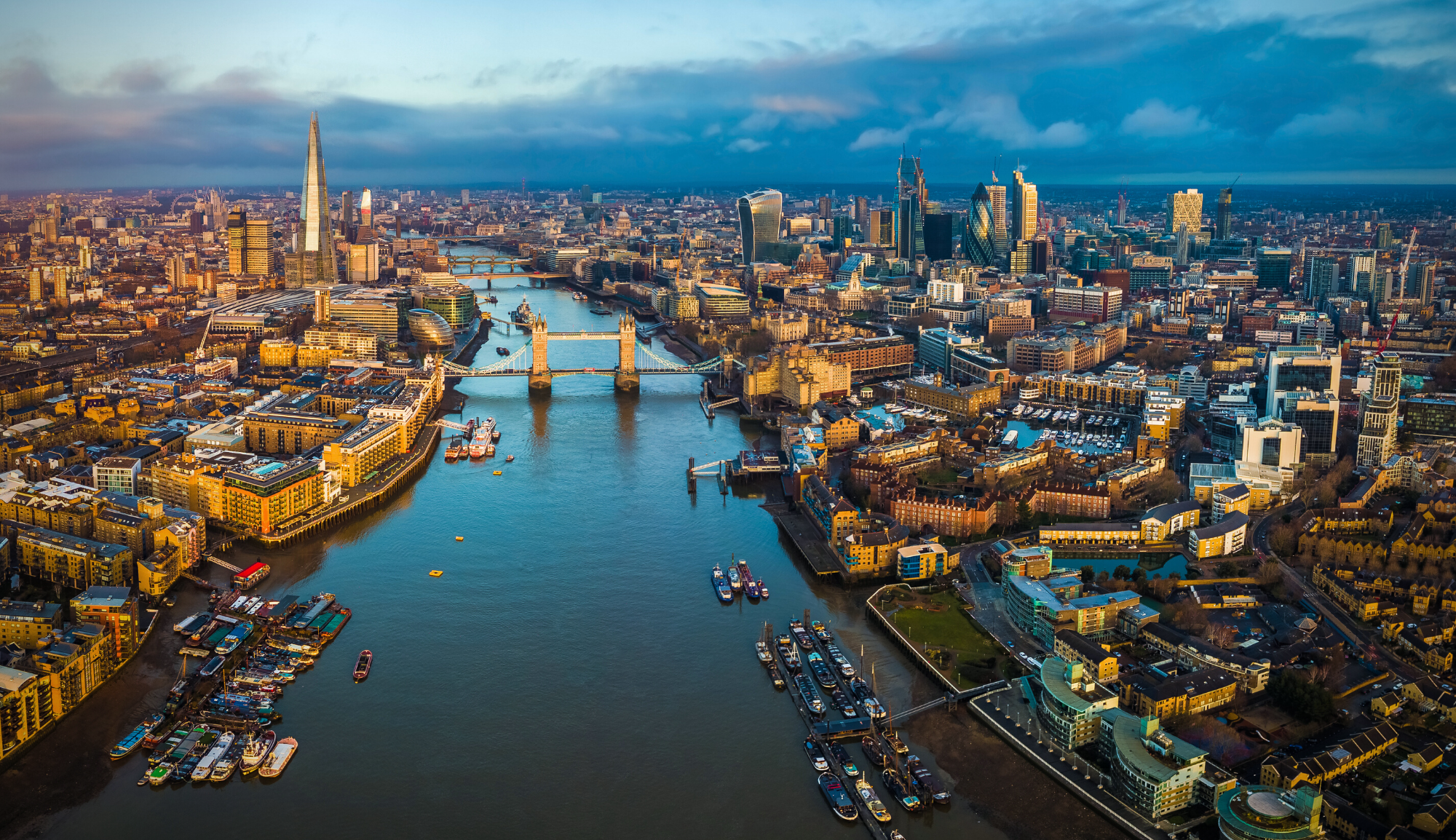
We look forward to connecting with the industry and showcasing how our core solution can meet your business needs.
October 10, 2023

Nezasa and GIATA renewed their partnership on hotel mapping to enhance planning and booking experience.
October 4, 2023